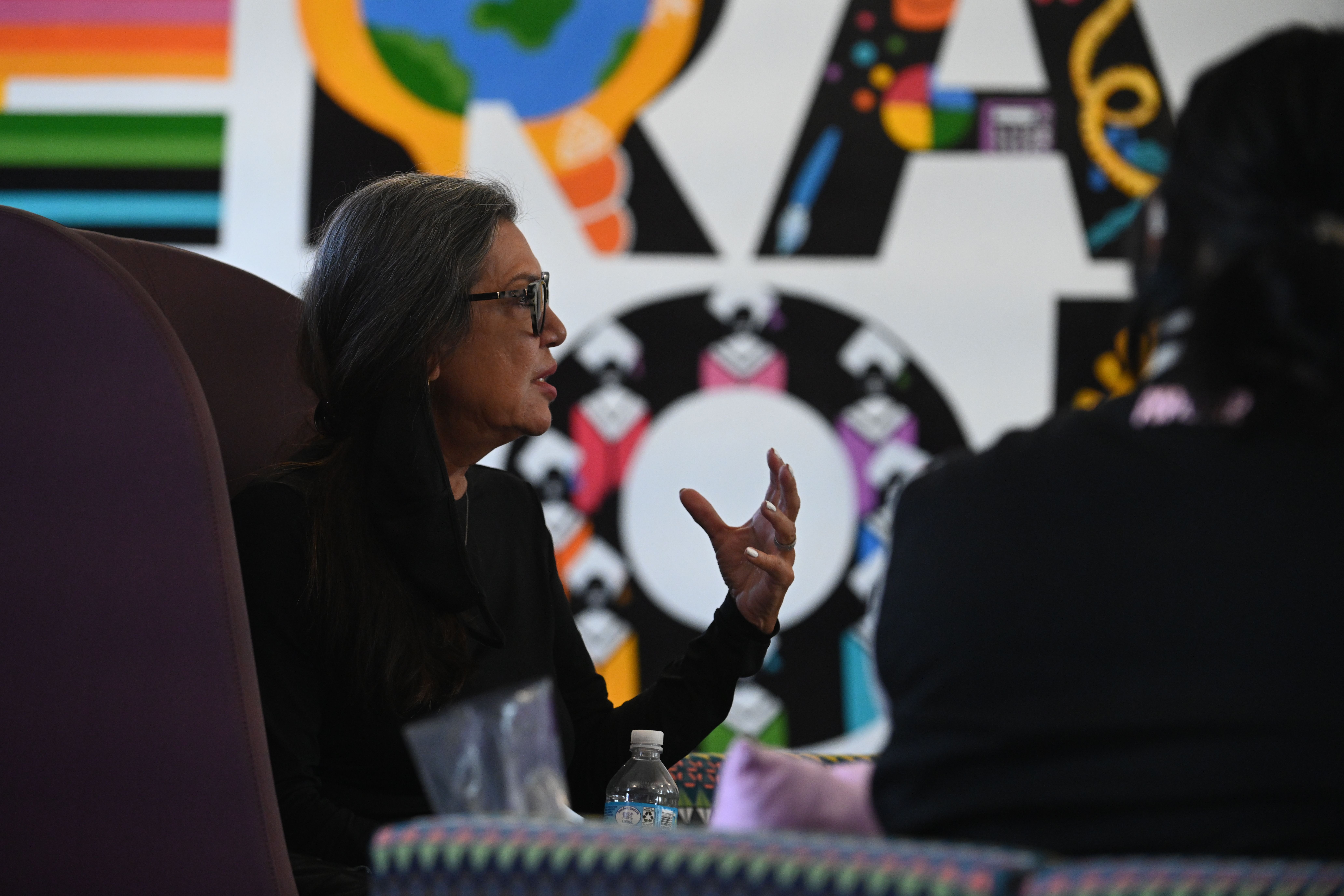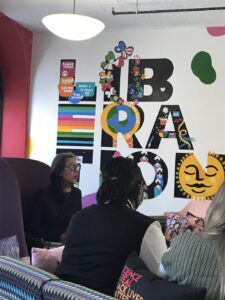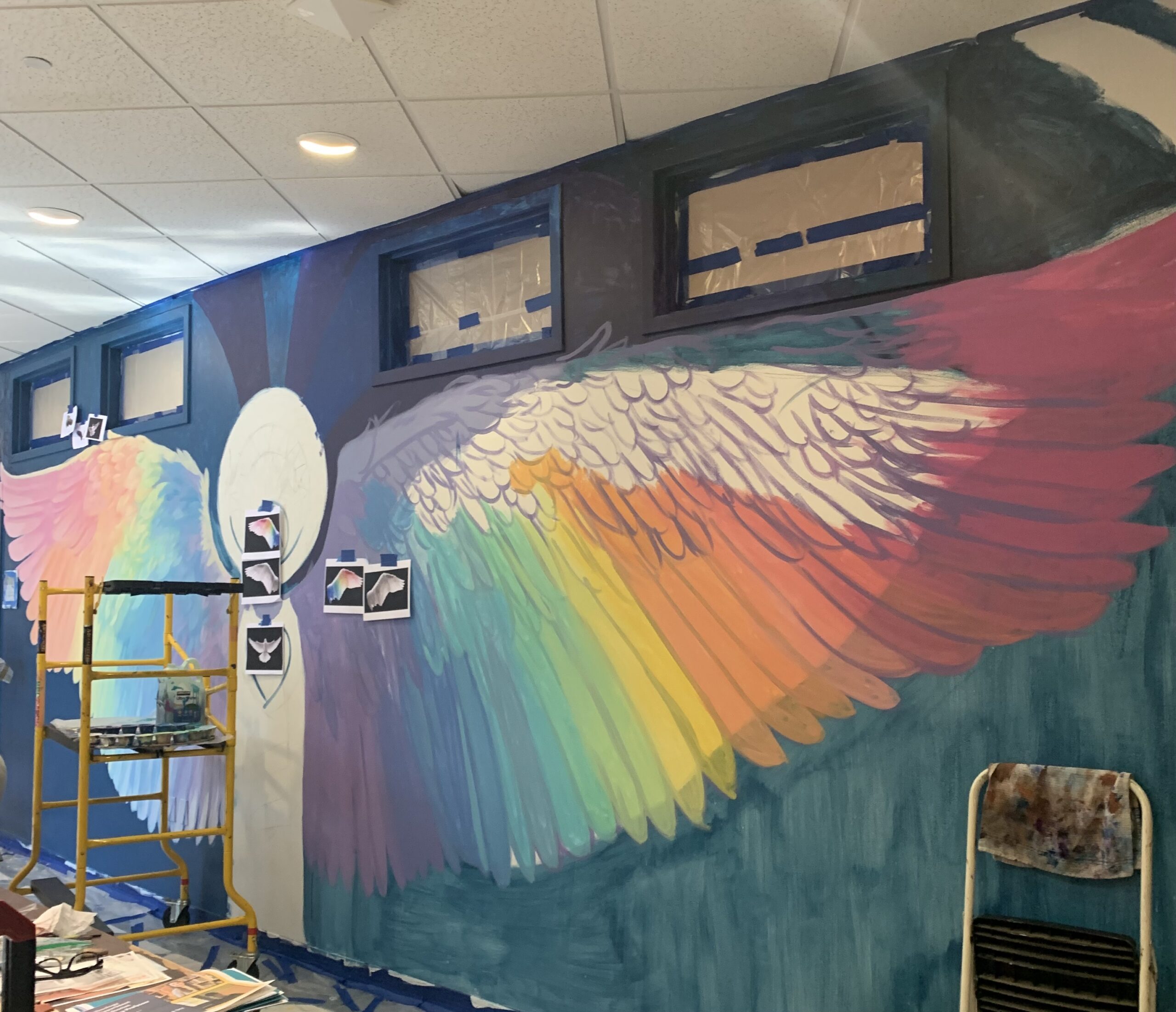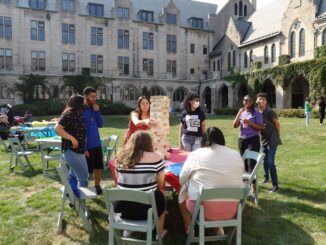
Jovana Rodriguez
Contributing Writer
Internationally acclaimed creative writer, scholar, editor, translator and former 2014 Lund-Gill Chair Ana Castillo revisited Dominican to hold her first reading on her new book of poems, “My Book of the Dead.”
It has been 7 years since she had been on campus and seeing her old colleagues and reading her poems publicly for the first time was a refreshing experience, since audiences have been virtual in recent years.
Castillo hosted a small discussion of her book in the CCL for students where they sat down beforehand to speak about her background, career and some of her activism in recent works.

Castillo was born and raised in Chicago. She attended Northeastern Illinois University for her Bachelors, got her master’s degree from the
University of Chicago, and received her doctorate degree from the University of Bremen in Germany.
She revealed that she lived in southern New Mexico and explained how the desert spoke to her because it connects her to her ancestors. Castillo had a handmade adobe chapel dedicated to the Virgen de Guadalupe. The chapel, made from a Chicago based artist, has a stain glass design. Castillo mentions that she feels as though her roots are “very much tied to this [Chicagoland] area.”
In writing her new book of poems, Castillo mentions that she had been writing for about 10 years. She recalls going through some “very horrific proto-fascist years, that we’re not though yet,” as she was developing many of her poems.
All the problems in the U.S. such as environmental issues, racism, gun violence, and climate change have been issues that motivate her to write in a form of activism “to give voice to people who normally don’t have a voice, including women very much like myself.”
Castillo believes it is important to give other women of color someone to relate to and give a voice to those individuals in her writing and stories.
Due to the limited representation of minorities in literature, Castillo remains a very inspiring writer for cultural realism. She recalls, “I come from a generation that advocating for bilingual education and from a generation of women that really advocated for many of the rights that women have today.”
When I asked Castillo for advice to those who might be struggling with opportunities for their own writing, she says that “quite often, you [have to] make the space. It’s not the space that is given.”



